“On the Spot” backs members of Culture on the Edge into a corner to talk about their backgrounds, their ongoing work, and what might be gained by an alternative understanding of how identity works.
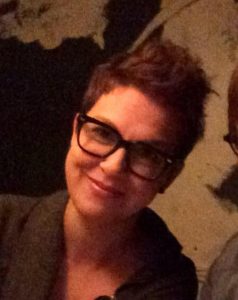 1. When people ask what you study, what do you tell them?
1. When people ask what you study, what do you tell them?
Well, if they’re asking what I study, they’re probably academics. Because how it typically goes is:
“What do you do?”
“I teach at the University of Alabama.”
“What do you teach?”
If the question doesn’t emphasize what most folx see as the more immediate/visible work of the profession, it’s usually coming from someone inside that same profession. Teaching and research are interconnected, of course (or should be, anyway), but “study” is kinda insider-speak… ain’t it the way? So among my community of insiders, I tell them I study and write about authenticity rhetoric — specifically how/why it appears in theories of gender and race. Even more specifically, my work tends to have a geospatial focus on the Caribbean and the American South as circum-Atlantic regions.
My Ph.D. is in English, so I bring a literary theory background to religious studies and try to put some proverbial money where my interdisciplinary mouth is. What does that mean in practical terms? Well, I write and teach about a lot of different things, but they tend to involve my interest in when and why ideas about authenticity or realness seem to appeal and have traction and when they don’t. Along the way, I apply identity theory outside the field to my own academic study of religion. Continue reading “On the Spot with Merinda Simmons”

 1. When people ask what you study, what do you tell them?
1. When people ask what you study, what do you tell them?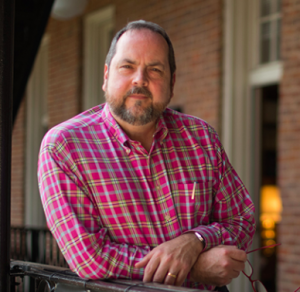 1. When people ask what you study, what do you tell them?
1. When people ask what you study, what do you tell them? 1. When people ask what you study, what do you tell them?
1. When people ask what you study, what do you tell them?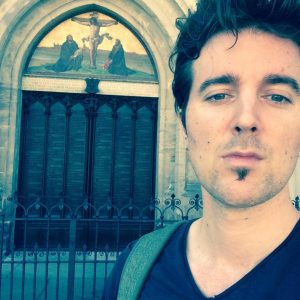 1. When people ask what you study, what do you tell them?
1. When people ask what you study, what do you tell them?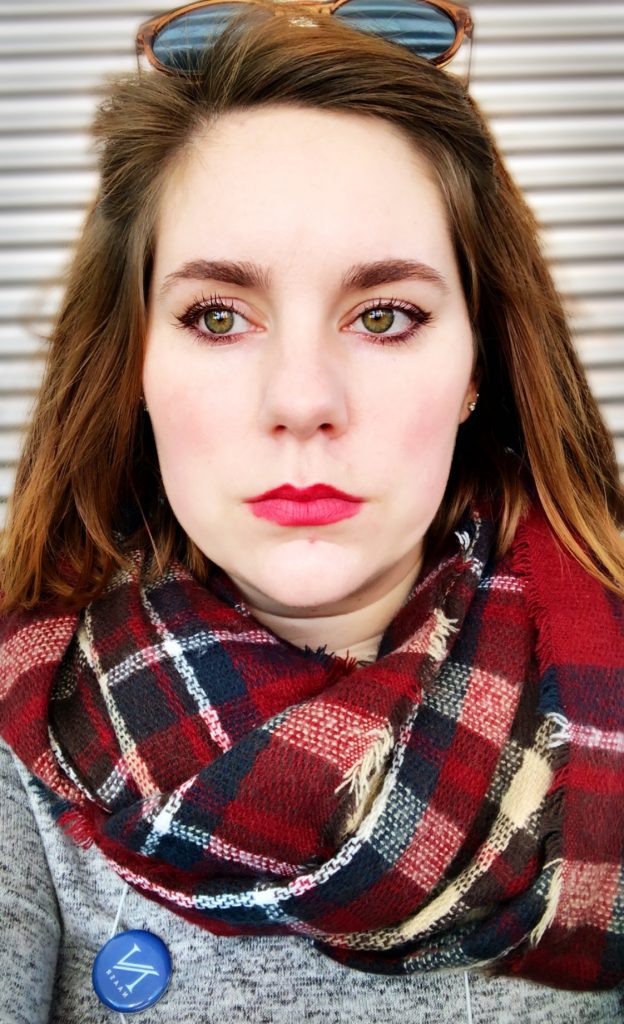 1. When people ask you what you study, what do you tell them?
1. When people ask you what you study, what do you tell them? 1. When people ask what you study, what do you tell them?
1. When people ask what you study, what do you tell them?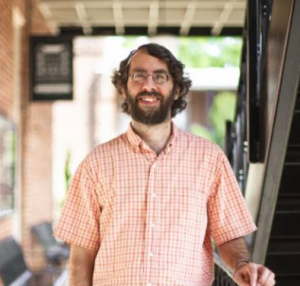 1) When people ask what you study, what do you tell them?
1) When people ask what you study, what do you tell them? 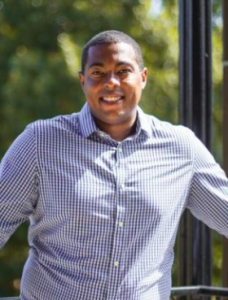 1. When people ask what you study, what do you tell them?
1. When people ask what you study, what do you tell them?